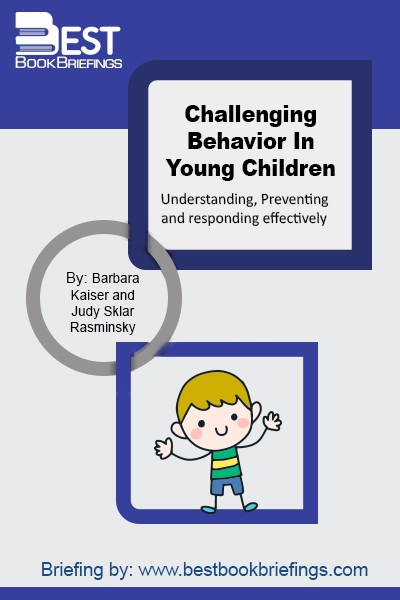Challenging Behavior In Young Children
Understanding, Preventing and responding effectively
Editorial Review
The Text brings together knowledge from neuroscience psychology, psychiatry, child development, special education, early Care and education, cross culture research, and proactive social skills programs and organizes it into a single comprehensive (and comprehensible) whole. The research–based strategies can be used separately or together, providing you with the collection of tools appropriate for many different children and situations , whether you’re a student or an experienced teacher.
Book Reviews
Books on Related Topics
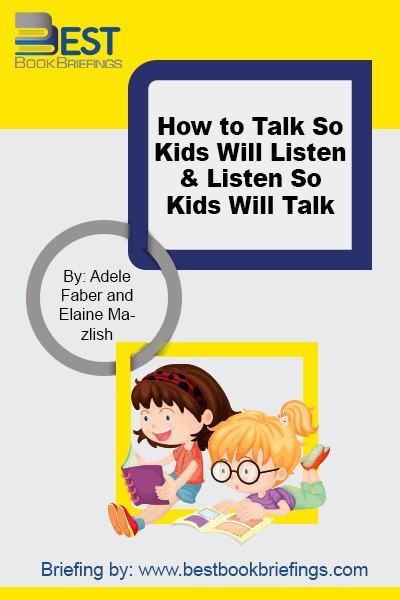
Here is the bestselling book that will give you the know-how you need to be effective with your children. Enthusiastically praised by parents and professionals around the world, the down--to--earth, respectful approach of Faber and Mazlish makes relationships with children of all ages less stressful and more rewarding. Recently revised and

Children are not that different from adults. They want clear and realistic goals, expectations for their futures, and systems that will allow them to arrive at those goals feeling fulfilled and stronger. They also want a voice in setting those goals and expectations for their futures. When children go to a
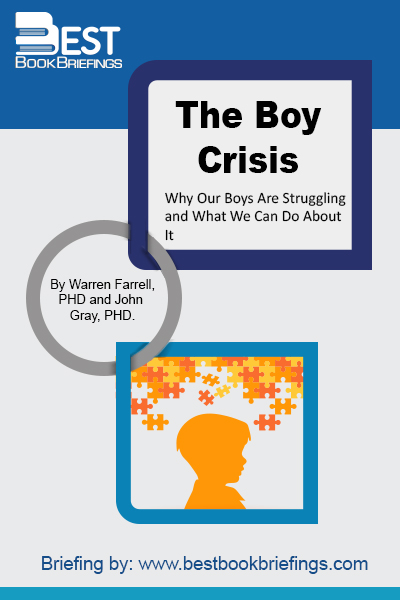
What is the boy crisis? It’s a crisis of education. Worldwide, boys are 50 percent less likely than girls to meet basic proficiency in reading, math, and science. It’s a crisis of mental health. ADHD is on the rise. And as boys become young men, their suicide rates go from equal to girls
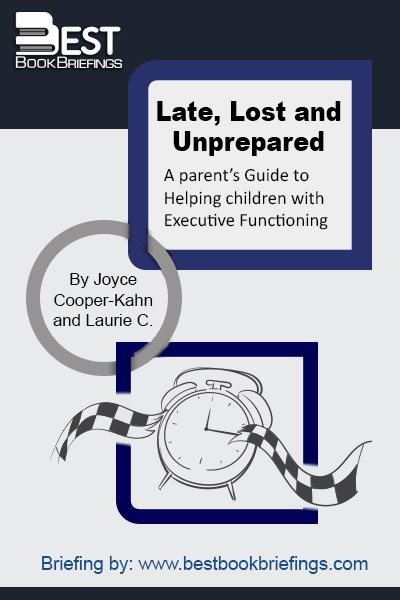
Is your child chronically late turning in papers? Does she show up for soccer practice without her soccer bag? Say things without thinking? Read something and forget what he read? Wait until the last minute and then get caught short of time to complete tasks? Written by two clinical psychologists, Late,
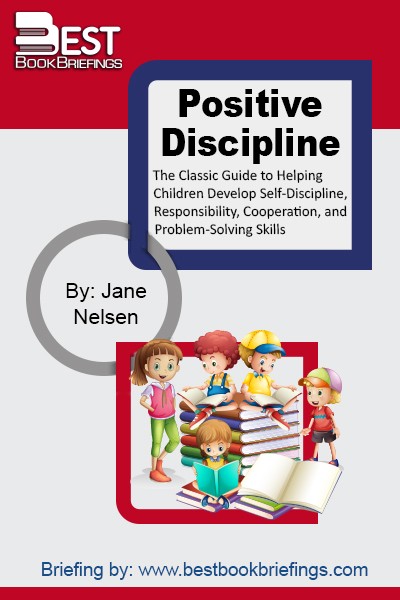
If you are a teacher, have you been teaching long enough to remember when children sat in neat rows and obediently did what they were told? If you are a parent, do you remember when children wouldn't dare talk back to their parents? Maybe you don't, but perhaps your grandparents do.
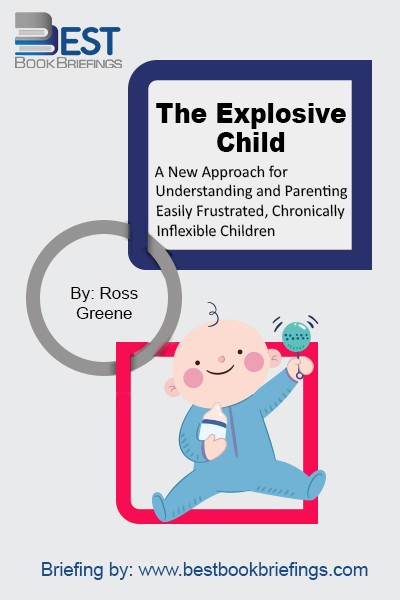
Dealing more effectively with explosive children requires, first and foremost, an understanding of why these children behave as they do. Once this understanding is achieved, strategies for helping things improve often become self-evident. In some instances, achieving a more accurate understanding of a child’s difficulties can, by itself, lead to improvements

